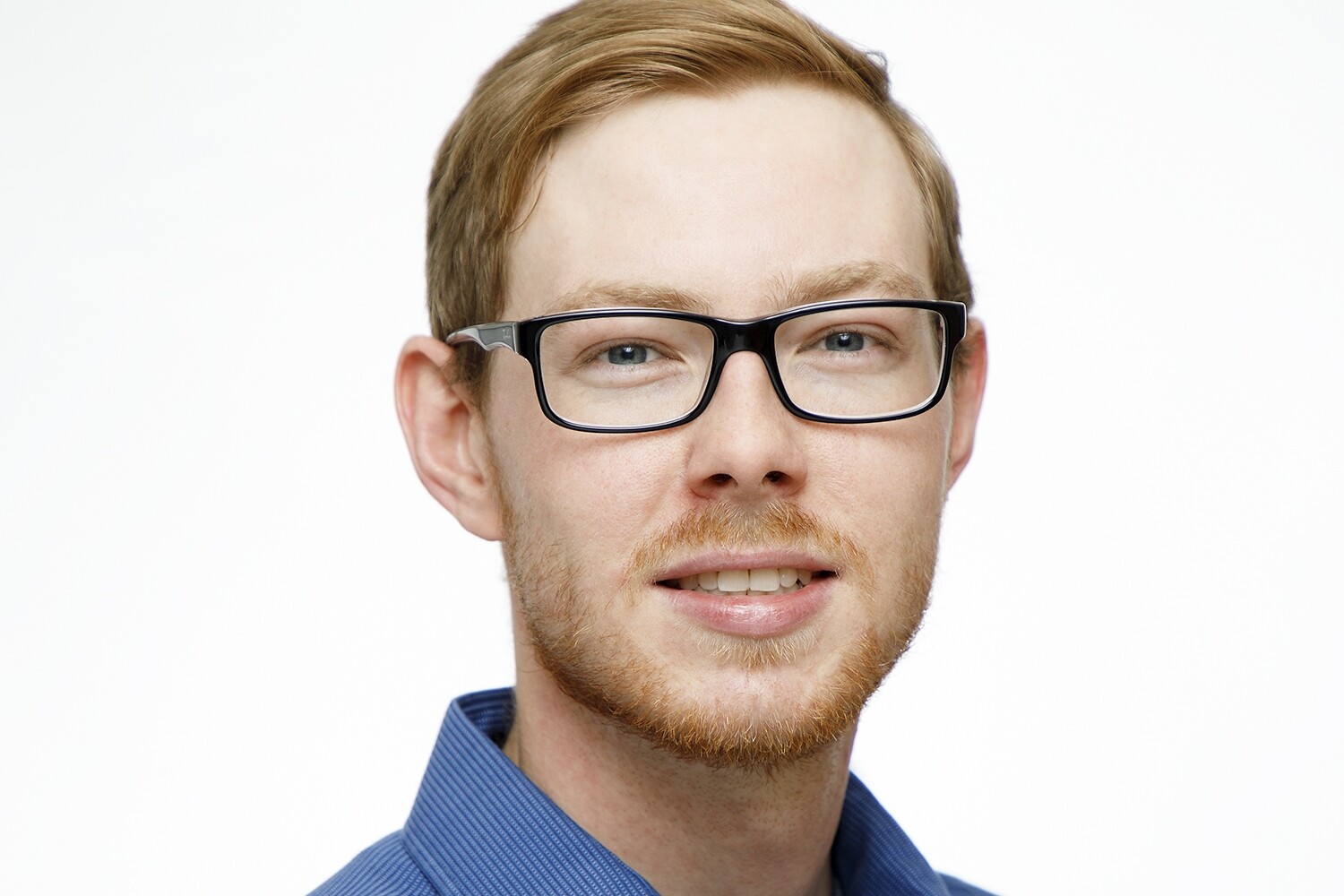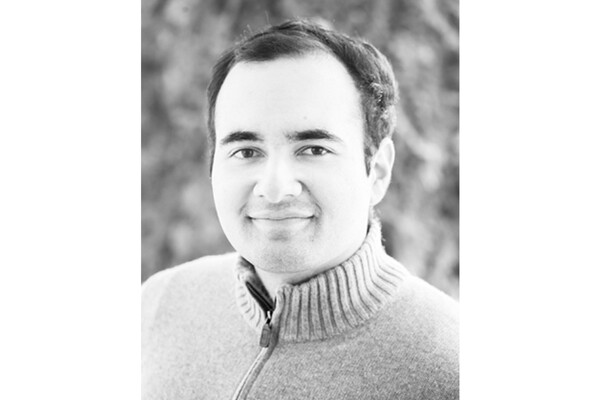Breadcrumbs
- Home
- MD/PhD Program
- News
- Faces of U of T Medicine: MD/PhD student Glenn Walpole
Faces of U of T Medicine: MD/PhD student Glenn Walpole

Glenn Walpole is a MD/PhD student, whose research is focused on the functional role of lipid transfer proteins and phosphoinositides during the maturation and replication of intracellular bacteria. Walpole shares with writer Tabitha Chan about his interest in cell biology and microbiology.
Year of study in PhD Program: First year PhD Program (2nd Year MD/PhD)
What is the focus of your PhD?
I am fortunate to be working towards my PhD degree with Dr. Sergio Grinstein and Dr. John Brumell at The Hospital for Sick Children. My work straddles both laboratories and exposes me to the fields of cell biology and microbiology with the general focus on how intracellular pathogens interact and manipulate host cells for their survival. I became interested in cell biology by working in the laboratory of Dr. Ray Truant at McMaster University, who focuses on several neurodegenerative diseases including Huntington’s disease.
Looking back, I think what grabbed my attention initially was the fact that at the single cell level, I could probe and visualize the localization and trafficking of a protein like huntingtin (mutated in Huntington’s disease), which has such huge implications on human health. I was fortunate to have a lot of freedom in my senior thesis project and found it exciting to examine novel functions and regions of the huntingtin protein that have not been defined or are not well understood to date – this was very motivating for me.
What is an obstacle you've had to overcome during your time at U of T? What is one of the most valuable lessons you have learned?
One challenge that I faced (and continue to face) is life in the big city. I grew up in a small farming community on the shore of Lake Huron, which couldn’t be more different than living in downtown Toronto. I do miss the days when I could hop on my bike and be on trails in the woods within a few minutes or work on my golf swing in my own backyard. But, Toronto has a lot of benefits as well and I’m coming to know these after a couple of years living here.
Another challenge in working towards a combined MD/PhD has been the transition into full time research from medical school. It’s easy to forget how testing and difficult performing ‘simple’ experiments can be after a year away from the lab in lectures and clinic. A useful analogy that I try and keep in mind is that research is not a sprint, but rather a long-distance run. Although results can and do come in bursts, troubleshooting requires a sustained effort and many approaches may be required to ultimately answer a question. I am lucky to be in labs with great people who are both hilarious and have great advice – this helps to put the tough days in perspective.
What do you hope to accomplish after graduation?
Ultimately, I hope to perform research alongside clinical work in the future. But, as I’m told on an (almost) weekly basis by Dr. Grinstein, my primary supervisor, “Let’s walk before we run.”
One thing I have learned since beginning this program is that the path to becoming a clinician or a clinician scientist is often not linear – your toolbox of skills will be filled from a lot of different avenues. The discovery of what type of clinical work, what type of research, and how you will intertwine the two does not happen overnight.
During my first few months of being exposed to different specialties during medical school, I enjoyed endocrinology and paediatrics. I liked the logic used to understand clinical problems and met a lot of great people through shadowing. However, I am still open to various options. I think I will always be interested in the root of clinical problems at the cellular level, but I think clinician scientists have the chance to ask questions on a lot of different levels beyond the focus of their laboratories.
Outside of the lab and clinic during and after my training, I hope to keep up my hobbies, visit my niece a lot (now that I’m an uncle), see my family as often as I can (now spread across Ontario), and down the road start a family of my own.
What’s been your favourite part so far about the MD/PhD Program?
Toronto is an amazing place to see and learn from some of the best clinicians and researchers in the world. I could see this as a medical student during lectures and I am now experiencing this first-hand as a graduate student. If I was to narrow down one thing that is my favourite part of the program so far, it would have to be meeting every Monday with my PhD supervisors to discuss results, future directions, and to troubleshoot experiments. I learn a lot just by listening to how they boil-down the details from a complicated result to help decide what to pursue next and by ‘picking their brains’ so-to-speak on different topics. Dr. Grinstein and Dr. Brumell have an incredible working memory of their respective fields of biology and I have a lot to learn from them.
What's your passion?
Asking questions.
How do you maintain a healthy work/study life balance? What is it like competing in professional solo bagpiping?
As weird of a hobby as it is, competing in professional bagpiping competitions is thrilling for me! Even to me, it’s a bit shocking that I’ve been playing and competing for over 16 years. I love the music, the sound of a well-tuned instrument and the rush from pulling off a top-notch performance on the biggest stages.
Although challenging, I think maintaining hobbies through medical school and graduate school is important. I think it’s important for everyone to have some type of release, whatever that may be (sports, cooking, reading, etc.). Mine just happens to be a very loud one!
News


